10 of the best healthcare innovations from CES 2020
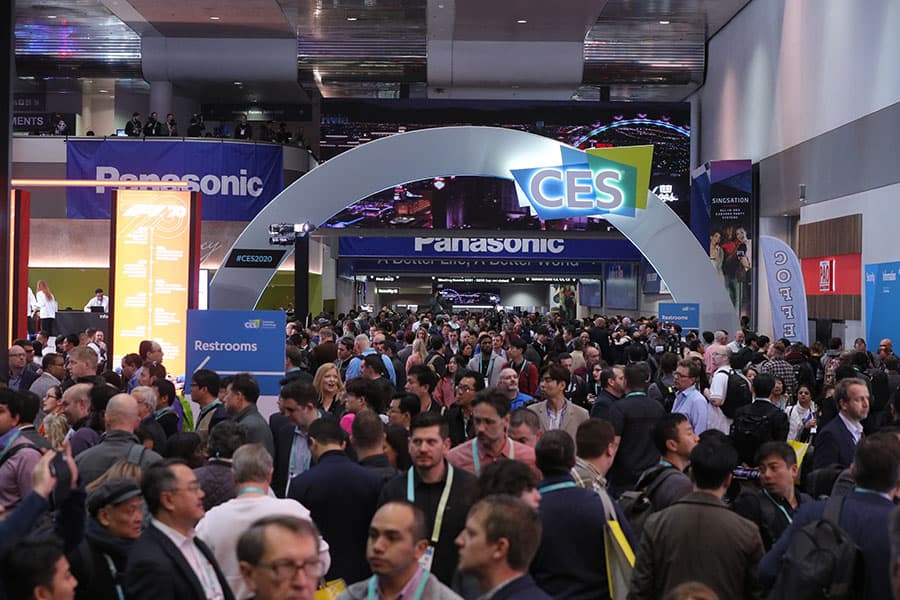
Taking place every year, the Consumer Electronics Show (CES) is one of the largest global stages for companies to showcase their latest and greatest technology innovations. The show covers a wide variety of sectors including automotive, robotics, gaming, wearables, sports technology and cryptocurrency.
At CES 2020, there were an increasing number of companies exploring technology in the healthcare sector. Smart pyjamas, a fall prevention belt, a personal robotic ball and wireless hearing aids were amongst some of the products that are supporting people to live independently.
Looking back over some of the innovations in wearables, smart homes, mobility, digital health and rehabilitation, AT Today has rounded up 10 of the best healthcare solutions from CES 2020.
1. Samsung’s robotic companion
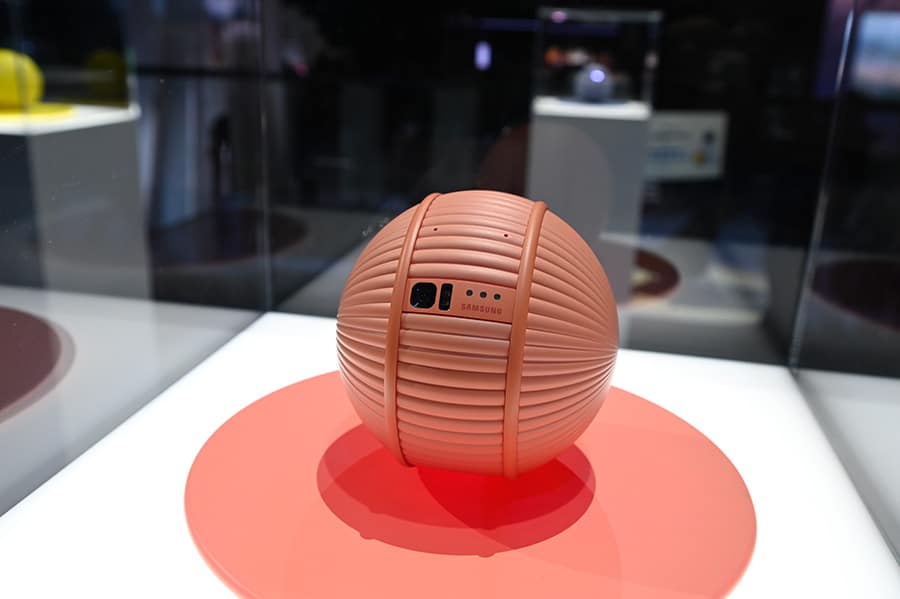
One of the highlights from this year’s exhibition was Samsung’s keynote “Age of Experience”, which considered how technology can make life more convenient, enjoyable and meaningful.
In the keynote, Samsung President and CEO H.S. Kim revealed the company’s vision of robots as “life companions” to enhance the health and wellbeing of individuals.
He then introduced Ballie, a small, rolling robot that incorporates AI, understands an individual’s needs and helps them around the house. The clever companion can help users exercise, manage their smart devices and store special moments, and could prove an invaluable tool for elderly and disabled people.
2. Health-monitoring pyjamas
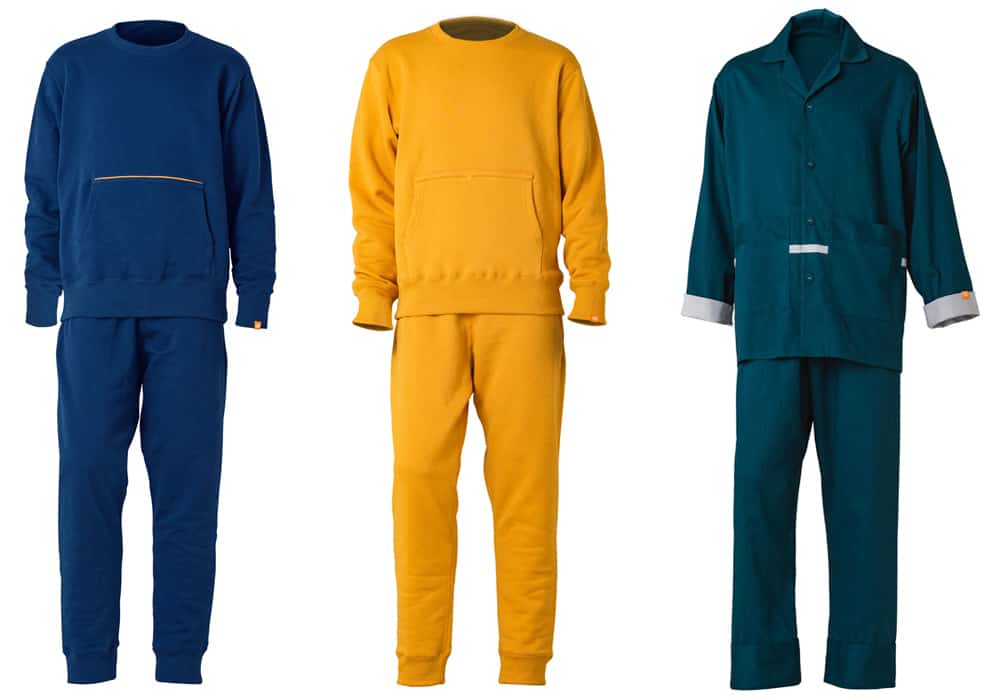
Japanese company Xenoma revealed its smart clothes designed specifically for elderly people that monitor the wearer’s health, analyse sleep conditions and detect falls at CES 2020.
The pyjama-style clothes look no different to normal pyjamas but incorporate clever functions that give the wearer additional peace of mind. Called e-skin Sleep & Lounge, the clothes move away from invasive cameras in the home and, instead, carers can gather information about the wearer in an unobtrusive way.
3. Inconspicuous hearing device
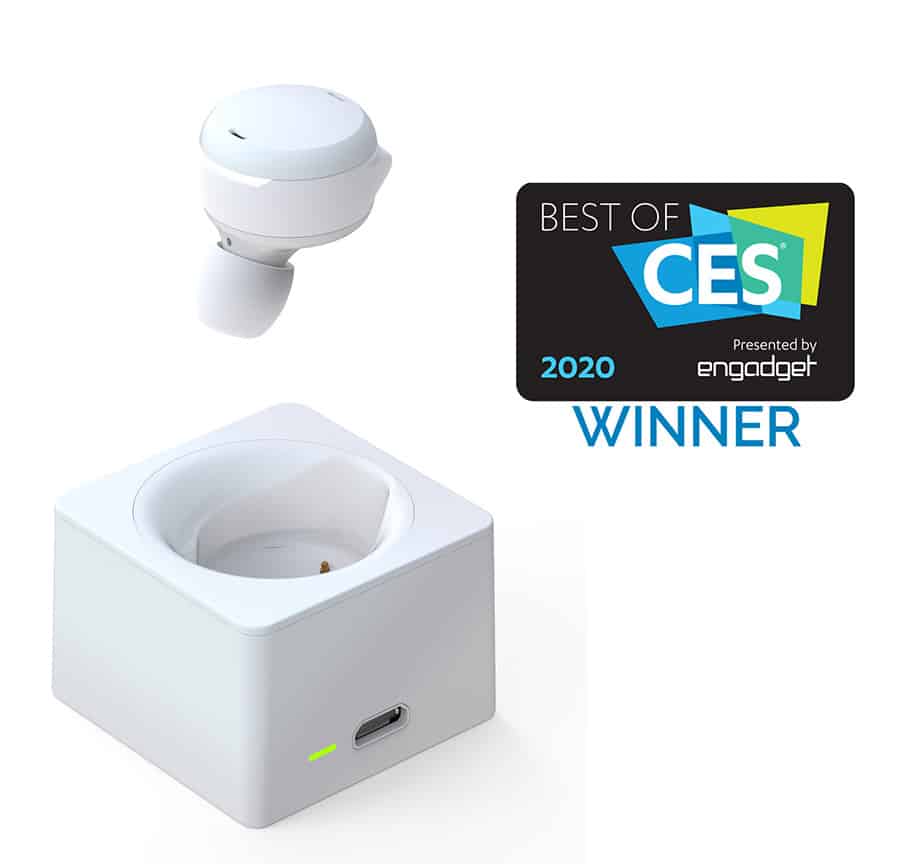
Removing the stigmas associated with traditional hearing aids through a modern and inconspicuous design, Olive Union unveiled its Olive Smart Ear at the exhibition, which look like normal wireless earphones but also amplify the wearer’s hearing.
Offering individuals an affordable solution, the earphones help the wearer hear sounds with more clarity, such as having a conversation with friends in a crowded restaurant. Wearers can also use the accompanying app to manage sound settings to their individual preferences.
4. Engaging rehabilitation
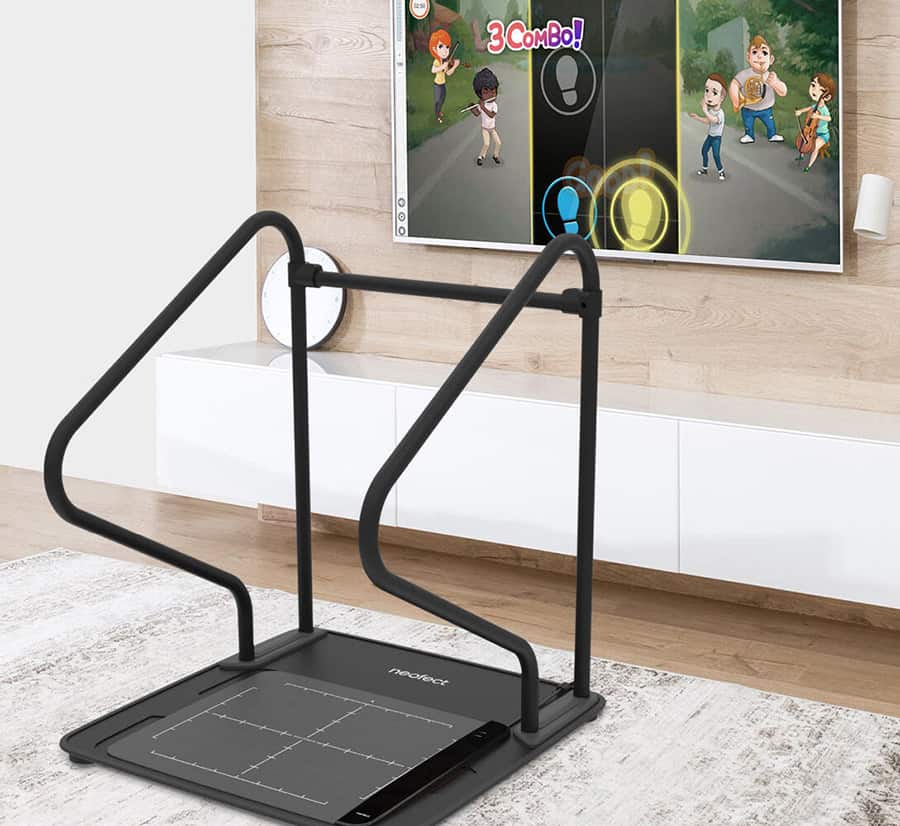
Rehabilitation specialist Neofect launched the Neofect Smart Balance at CES 2020, an innovative balance board that aims to make lower limb rehabilitation fun and engaging for patients.
Neofect Smart Balance emphasises core strength and lower body stability to practice balance and posture through interactive training games. It is designed to be used in healthcare environments and for temporary use at home whilst the patient undergoes rehabilitation.
Patients recovering from stroke, traumatic brain injuries, spinal cord injuries and other musculoskeletal disorders can all benefit from the using the device.
5. Fall prevention belt
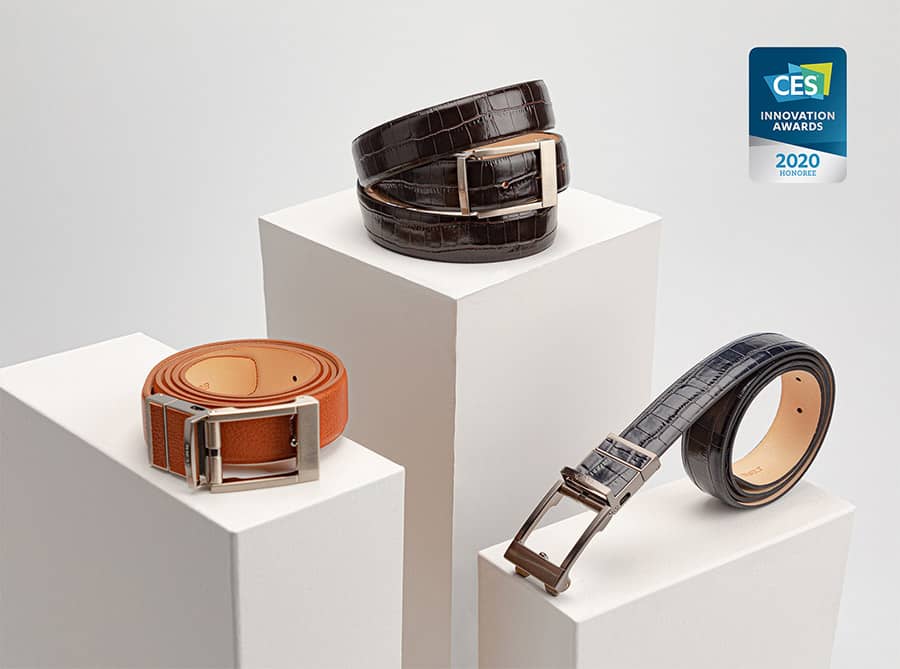
Korean digital healthcare company WELT unveiled its fall prevention belt at the Consumer Electronics Show – the WELT Smart Belt Pro.
Different to other fall-detecting devices on the market that can only detect a fall after it has occurred, the WELT Smart Belt Pro analyses gait patterns for any abnormalities, which is a precursor to a potential fall. The wearer is then notified about the fall risk, giving them reassurance and confidence when wearing the belt.
6. Toyota smart city
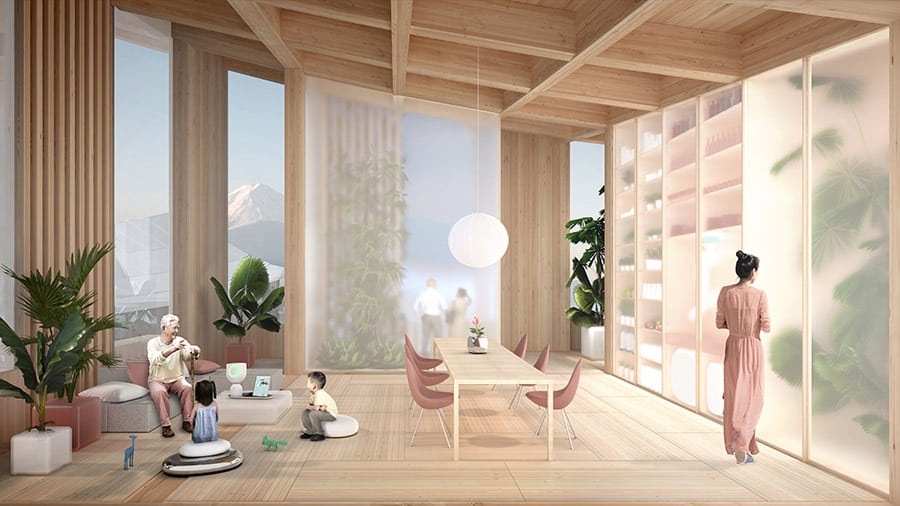
Automotive giant Toyota revealed its grand plans to build a smart city of the future, which combines autonomy, robotics, personal mobility, smart homes and AI in a real-world environment.
From a healthcare perspective, the Woven City will feature smart homes that are equipped with the latest in human support technologies, such as in-home robotics to assist with daily living. The homes will use sensor-based AI to check occupants’ health, take care of basic needs and enhance daily life.
Such technology could revolutionise how elderly and disabled people are taken care of in the future.
7. Health-monitoring wearable
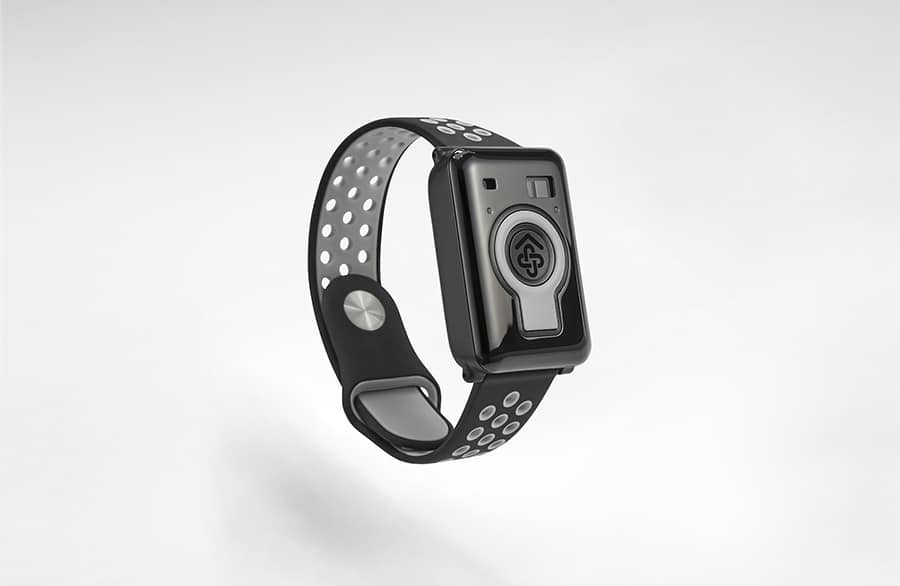
CarePredict’s Tempo Series 3 wearable was recognised for its innovative health-monitoring features, which notice small changes in the daily activity patterns of elderly people that can precede falls, malnutrition, depression, and Urinary Tract Infections (UTIs).
The wearable monitors activities such as eating, cooking, walking, sleeping, bathing and bathroom use patterns and learns the “normal” activity patterns of the wearer.
If there is any change to the wearer’s usual activity pattern, such as the wearer skipping meals or being less active, loved ones and carers will be notified so that they can take action, if necessary.
8. Honda ESMO
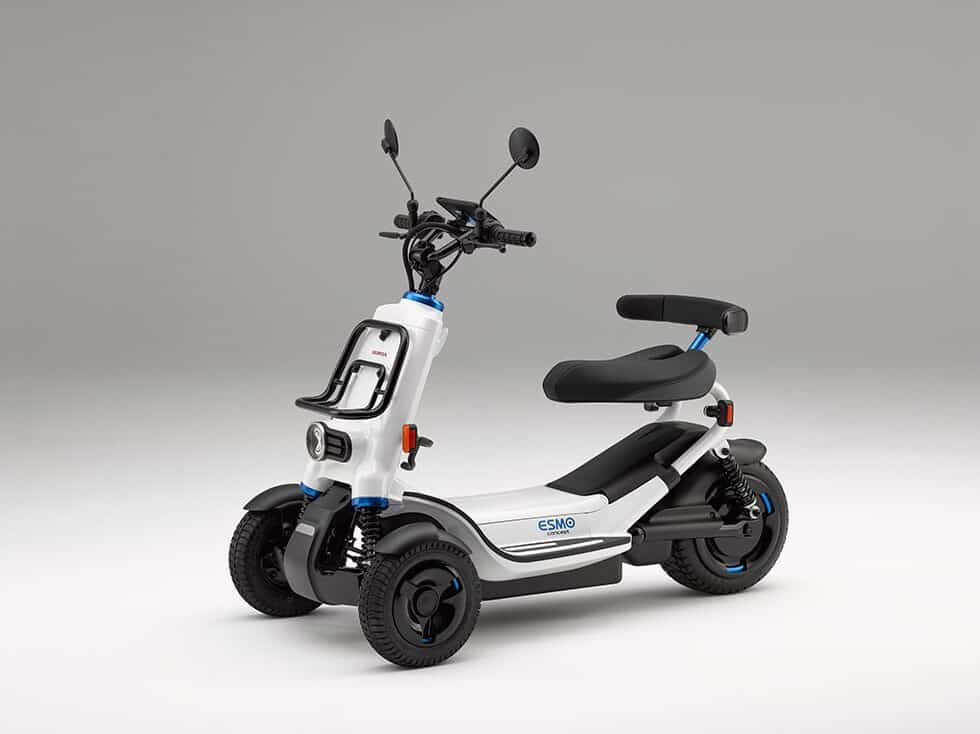
Another automotive giant changing the healthcare space is Honda, which unveiled its ESMO concept at CES 2020.
Honda ESMO is a modern and stylish mobility scooter that will run on a portable, swappable, rechargeable battery that has an output of 1kWh or more. The company is yet to reveal any detailed product specifications but the device could help people with reduced mobility when out and about.
9. Assistive hearing
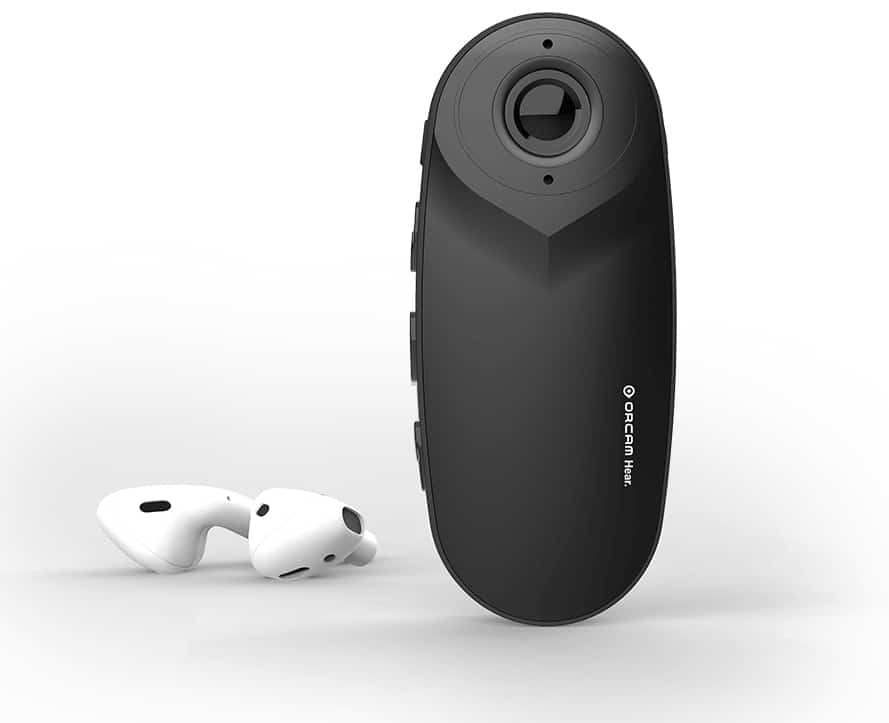
Also displayed at this year’s Consumer Electronics Show, OrCam Technologies’ OrCam Hear is an assistive technology device that combines lip reading with simultaneous voice source separation.
Worn like a necklace, the hands-free product is the size of a finger and allows users to identify the person speaking to the device wearer – from among multiple speakers – and isolates the voice while relaying the filtered speech to Bluetooth hearing aids in real time.
Cleverly, the device works with body gestures so users can select the person they want to hear and switches between speakers by intuitively responding to the repositioning of the OrCam Hear wearer.
10. Helping healthcare professionals
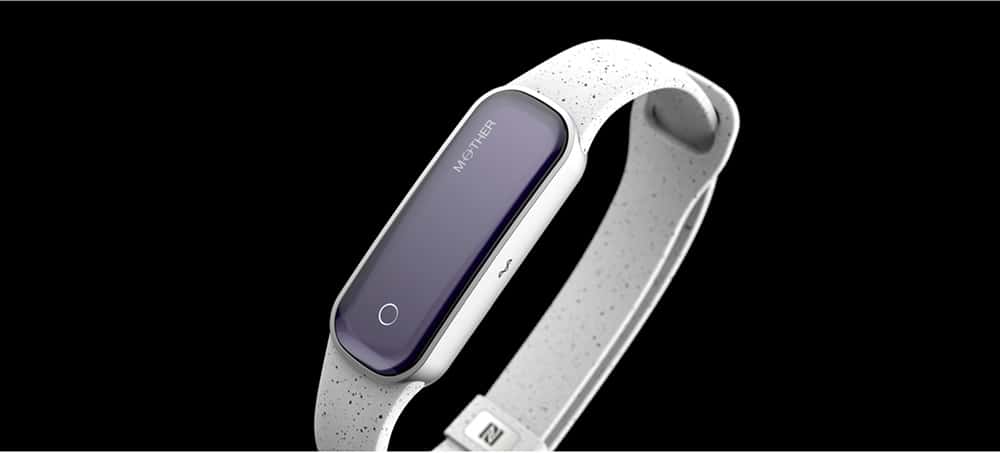
Revealed at CES 2020, MOTHER is another health-monitoring device that can help healthcare professionals gather important data while helping prevent the wearer from developing health conditions.
MOTHER, created by Japanese company Medirom and Silicon Valley-based company MATRIX Industries, never requires charging and offers users a sleek, unisex design. The wearable can be used to measure calorie consumption, activity and sleep.

